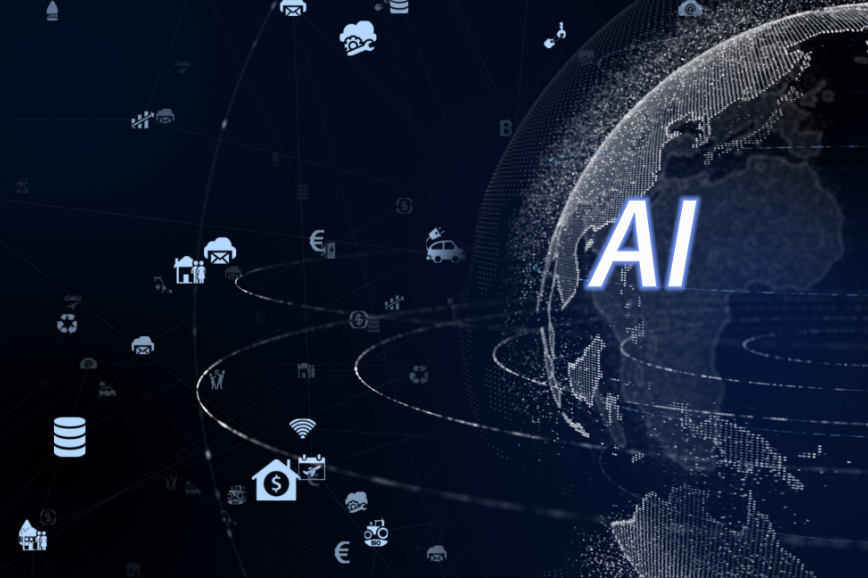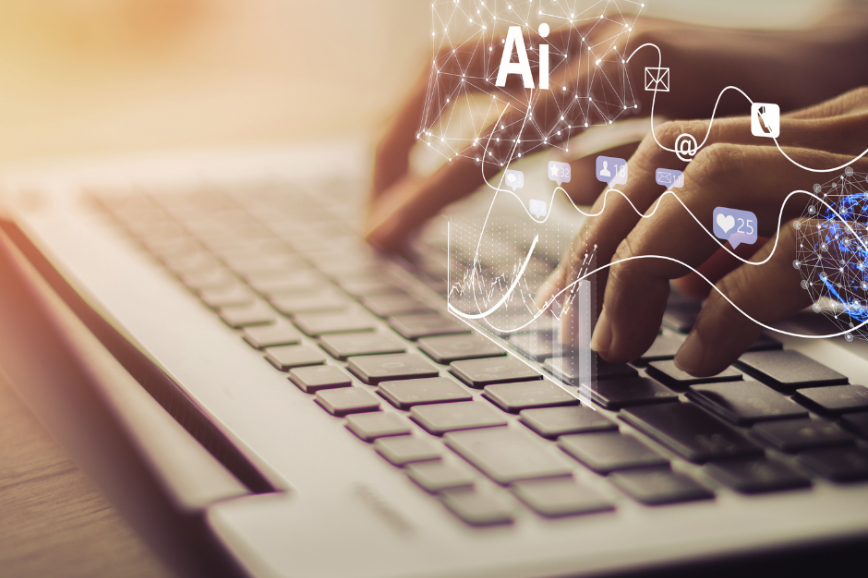The Perfect Ad: It Won’t Come From AI, It’s In the Name

The perfect ad is when your best friend shares a brand with you. It is decidedly not artificial. Even a hint of artificiality can impact the impression we form, and the last thing we want when considering a purchase is to feel duped. While the amalgamated wisdom of the Internet, packaged into something that interacts like a human, is a breathtaking tool, it’s not your friend.
If a chatbot tells me it likes Duff beer, I instantly know the emotion behind that statement isn’t genuine. It can’t have first-hand experience with beer. Sure, it might be funny to press the question further and ask if Duff is better than Bud. Google might tell me that AI thinks people guess the imaginary brand is modeled after a heavily hyped one. But, I’d think it’s more like PBR, as I project a few layers of depth onto The Simpsons’ humor. But at the core, AI’s emotions are not real; they are simulated.
AI has the prowess to plumb my inferences, but by the very definition of the word, it simply can’t be genuine. We can’t even know what’s truly genuine—it’s an emotion built from layers of trust, and that trust is what makes genuine advice so valuable when it comes to a product pitch.
The Quest for Genuine Advice: A Paradox in Marketing
What’s curious is that, while genuine pitches exist, we obsess over the perfect approximation of genuine pitches. The typical setup for TV ads involves a neighbor sharing sage advice to buy this or that product. It’s what marketers aspire to achieve—the organic recommendation. But here lies the problem, akin to the parable of Schrödinger’s cat: the act of inserting a pitch into a genuine conversation often negates the appearance of genuineness. Usually, this shift from “genuine” to “abhorrent” happens quickly. It’s a tension that’s been around for so long that it’s rarely questioned. AI represents the most extreme attempt at simulating genuineness, and while it has cost nearly as much as devising nuclear energy, it is sweeping through ad tech like a new messiah. But what if, instead of trying to simulate something real, we could actually be genuine?
Influencers: A Step Toward Genuine Transparency in Advertising
The rise of influencers challenges the stigma of pitches being inherently deceptive. We trust the presenter. We know they are being paid; this transparency relieves us from the fear of being duped. The influencer will likely refuse to promote a bad product to their hard-earned audience. This kind of transparency makes the conversation feel real, and in turn, it blesses the brand being promoted. Trust between the influencer and the audience is the key here.
The Creepy Side of Data-Driven Ads
So why do I see ads for things that have nothing to do with me when I read something posted online? Some ads might even be things I would abhor. The ad placement is based on data about the viewer that can be unsettling to think about, and it creates an unwelcome presence in an otherwise genuine exchange between people. Now, consider a different scenario: What if the author of that post had selected the brands that pay for the hosting service? In this case, the marketer would have made a partner out of the customer, and the transparency of that relationship would make the presence of ads feel like a genuine exchange. If it’s free, then I am the product, but that’s okay if I can choose the product I’m promoting.
The Market Dynamic: Reclaiming Control
Moreover, we could take this a step further. If advertisers paid the author directly instead of relying on algorithms to guess what scenario might unfold, we would shift away from data-mining tactics. Perhaps, if no one is willing to promote a product, that’s a good thing for the market. Pricing harmful products out of circulation signifies that the market is truly working for the benefit of the genuine buyers and sellers.
Maybe we shouldn’t underestimate the intelligence of the customer. One genuine ad is worth a thousand unwelcome pop-ups that attempt to guess my desires with data that should never have been gathered in the first place—unless you’re my friend.
GeistM: Where Transparency and Trust Lead the Way
What happens when AI gets a wallet? Selling to bots is not the same as selling to people. There’s a fundamental difference in how AI interacts with products versus humans, and we will need to reckon with the implications of AI-driven purchasing behavior as it becomes more common.
At GeistM, we believe in being genuine and transparent in everything we do. We don’t let AI speak for us, and we always ensure transparency and trust in our ads, campaigns, and content.
We understand that consumers value authenticity, and we’re committed to providing it, without relying on algorithms or artificial communication. Our approach is rooted in building genuine connections with audiences, creating campaigns that feel human and trustworthy, and ensuring that our clients’ brands are represented with the integrity they deserve.

